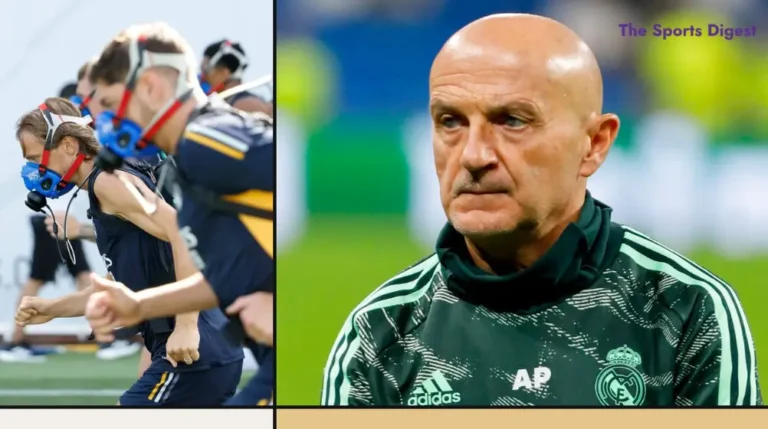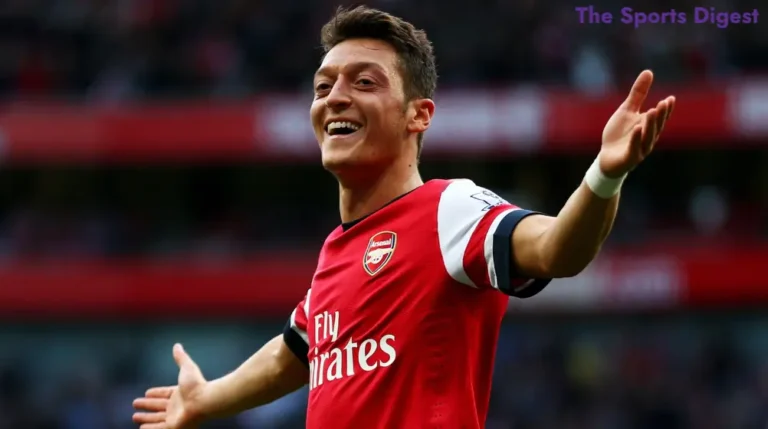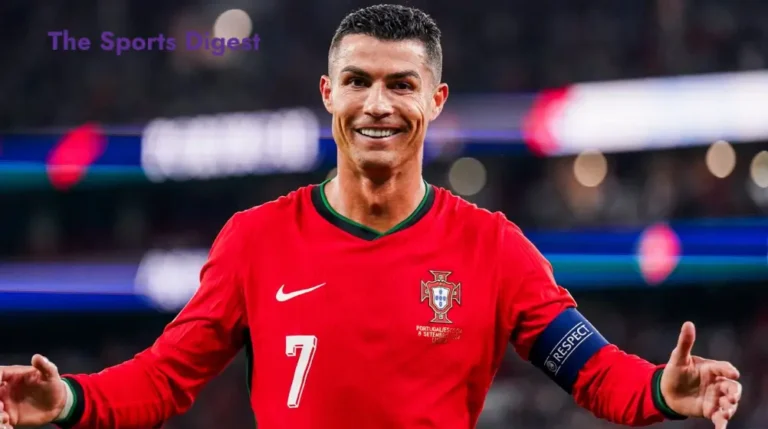Deco: A Career of Brilliant Contradictions
Just as Oscar Niemeyer’s architectural genius in Brasília lacks universal acclaim despite its undeniable impact, Anderson Luís de Souza—known to the football world simply as Deco—stands as a figure whose brilliance may never receive the full recognition it deserves. His career achievements speak volumes: Champions League victories with two different clubs, domestic titles across multiple countries, and individual accolades that place him among the elite playmakers of his generation. Yet Deco‘s introverted nature and quiet retirement seem at odds with the dazzling career that preceded it, creating a contradiction that has perhaps contributed to his understated legacy.
Table of Contents
Early Development and Portuguese Arrival
Born in São Bernardo do Campo, Brazil, Deco displayed exceptional footballing talent from his earliest years. By age 15, his precocious abilities had earned him a professional contract with Corinthians, setting him on a path that would eventually lead far from his homeland. His performances at a youth tournament caught the attention of Portuguese scouts, resulting in a move to Benfica that would forever alter his career trajectory.
However, Deco’s Portuguese beginning was far from auspicious. Upon arrival at Benfica, he faced immediate disappointment when the manager’s preferences led to him being loaned to Alverca without ever representing the Lisbon giants. A subsequent permanent transfer to Salgueiros offered little improvement to his situation, as injury problems limited his appearances and threatened to derail his European adventure before it had truly begun.
The Porto Breakthrough and Mourinho’s Influence
Despite these early setbacks and lingering injury concerns, FC Porto took a calculated risk by signing Deco in 1999—a decision that would transform both the player’s career and the club’s fortunes. The true catalyst for Deco’s emergence as a world-class talent came with José Mourinho’s appointment as manager in 2002. Mourinho’s arrival brought an immediate shift in mentality and ambition to Porto, with Deco established as the creative fulcrum of his tactical system.
Under Mourinho’s guidance, Deco flourished as Porto’s playmaker, orchestrating attacks with his exceptional vision and technical ability. This partnership yielded immediate success when Porto defeated Celtic to claim the 2003 UEFA Cup, with Deco playing an instrumental role in the final. The victory represented not just a triumph for the club but a definitive statement of Deco’s arrival on the European stage.
Champions League Glory with Porto
Deco’s rising profile attracted interest from Barcelona, but Porto refused to sanction a transfer—a decision that would prove momentous for all parties involved. With characteristic confidence, Mourinho boldly predicted that his Porto side would reach the Champions League final in the following season, a claim that seemed audacious at the time but would prove prophetic.
The European campaign began with Porto navigating the group stage before facing the formidable challenge of Manchester United in the round of 16. Deco’s influence was evident throughout the tie as Porto eliminated the English giants in dramatic fashion. Subsequent victories against Lyon and Deportivo La Coruña followed, with Deco consistently creating crucial goals and dictating the tempo of matches.
The culmination came in the final against Monaco, where Deco delivered a masterclass in midfield control, even adding his name to the scoresheet in a comprehensive 3-0 victory. His performances throughout the campaign earned him the prestigious UEFA Club Midfielder of the Year award, recognizing his pivotal contribution to Porto’s unexpected European triumph.
International Career with Portugal
Deco’s acquisition of Portuguese citizenship opened a new chapter in his career, though not without controversy. His inclusion in the Portugal national team drew criticism from some quarters, most notably from star player Luís Figo, who publicly questioned the naturalization process that brought Deco into the squad.
The irony was that Luiz Felipe Scolari, Portugal’s Brazilian coach, had specifically sought Deco’s services after reportedly regretting not selecting him for Brazil’s 2002 World Cup-winning squad. Deco’s international debut could hardly have been more poetic—scoring against his birth nation, Brazil, in a friendly match that seemed to validate Scolari’s decision.
At Euro 2004, hosted in his adopted homeland, Deco emerged as one of the tournament’s outstanding performers. Despite Portugal’s heartbreaking loss in the final, his contributions were recognized with the Player of the Tournament award, cementing his status as an adopted Portuguese hero.
Success and Decline at Barcelona
Following his Champions League triumph with Porto, Deco finally secured his move to Barcelona, choosing the Catalan giants over interest from Chelsea. His integration into Barcelona’s midfield alongside Xavi and Iniesta created a technical foundation that would evolve into one of football’s most celebrated units. Particularly notable was his partnership with Brazilian compatriot Ronaldinho, with the two creative forces developing an almost telepathic understanding.
Success followed swiftly, as Barcelona claimed the LaLiga title and then the Champions League, with Deco playing central roles in both triumphs. Individual recognition came in the form of a second-place finish in the Ballon d’Or voting, reflecting his standing among Europe’s elite players.
However, as with many brilliant careers, decline eventually followed the peak. Both Deco and manager Frank Rijkaard experienced a downturn in fortunes at Barcelona, marked by disciplinary issues and inconsistent performances. The emergence of a young Lionel Messi signaled a changing of the guard at Camp Nou, and Deco’s influence gradually waned until his eventual departure.
Unfulfilling Spell at Chelsea
A move to Chelsea offered Deco the opportunity to reunite with Luiz Felipe Scolari and initially suggested a renaissance might be possible. His early performances in the Premier League were promising, but the promise soon faded amid injuries and reported dressing room discord.
Despite being part of a Chelsea squad that claimed a Premier League and FA Cup double, Deco’s time in England proved largely unsatisfying. The creative freedom that had defined his best years seemed constrained in the more physically demanding English league, and his departure from Chelsea came with a sense of unfulfilled potential.
Return to Brazil and Retirement
Deco’s career came full circle with a return to Brazil, joining Fluminense and contributing to their league title success. However, the familiar pattern of injury problems continued, limiting his playing time and impact. His retirement in 2013 was subsequently overshadowed by a doping scandal, though the charges were later overturned, clearing his name but perhaps further diminishing the celebration his career deserved.
A Legacy of Underappreciation
Reflecting on Deco’s impressive achievements—two Champions League titles with different clubs, domestic successes in Portugal, Spain, and England, and individual recognition including UEFA Midfielder of the Year—presents a compelling case for his inclusion among football’s modern greats. Yet there persists a sense that his talents remain underappreciated by the wider football world, particularly outside of Porto and Barcelona where his influence was most keenly felt.
Like Niemeyer’s architectural vision in Brasília, which requires deliberate attention to fully appreciate, Deco’s brilliance as a playmaker demands thoughtful consideration. His legacy is not captured in spectacular goals or headline-grabbing moments, but in the subtle orchestration of teams that achieved remarkable success. It is a legacy worth revisiting and celebrating—a reminder that sometimes the most profound influences in football are those that operate just below the surface of immediate recognition.
For those who watched him at his peak, controlling matches with elegant precision and creative vision, there is no question: Deco was a maestro of the beautiful game, a contradictory figure whose quiet persona belied the dazzling talent that helped define an era of European football.
Have you ever read an article like this?
There are no reviews yet. Be the first one to write one.






